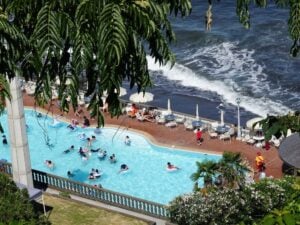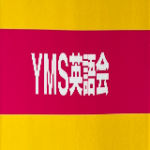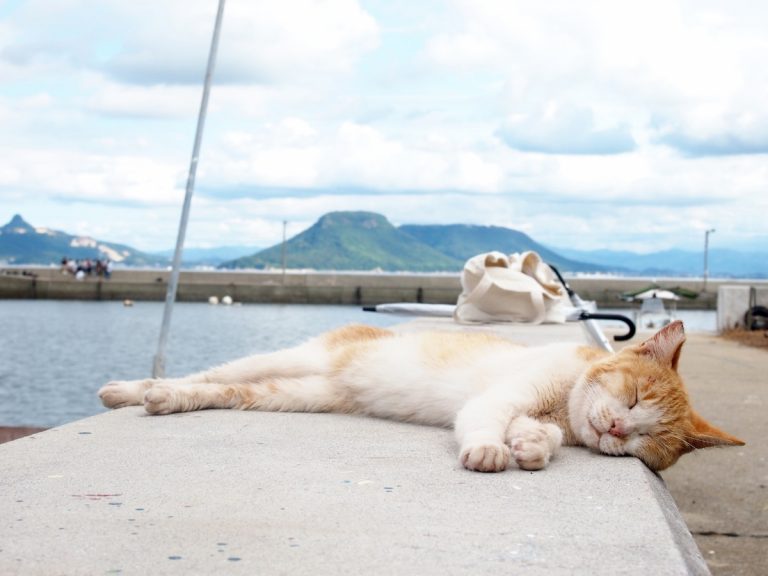
One of the less obvious challenges of living in Japan is the hot humid summer. True, the summer may be hotter in Australia, but the words “it’s the humidity that gets you” haven’t become cliché for no reason. If you’re about to experience your first Japanese summer, or just looking for some tips to make it easier this time around, you’ll be doing yourself a favor by reading this article before summer really hits!
Essential items for keeping cool
The most obvious thing about summer is the heat. Just like anywhere else in the world, the heat can become unbearable during the summer months. Where Japan takes this and manages to make it worse is with the humidity. In Tokyo, add in the mass of concrete, exhaust air conditioners, millions of people, lack of trees, and your left with an unpleasant recipe. Staying in the shade helps to be sure, but you cannot escape the humidity so easily. You will sweat. Therefore, the best thing to do is accept that and take measures to reduce how uncomfortable that makes you. No one likes a smelly person, so let’s take a look at a few ways to reduce the impact of this inevitable sweating problem.
The first best thing you can do is dress appropriately. In our modern age of mass production, cotton and polyesters have becoming dominate materials in clothing. However, these materials are not the best suited for sweat. Pick up a linen shirt, that’s リネン or 麻 in Japanese, and you will find yourself sweating less, and with much less smell. Alternative and somewhat counterintuitively, a thin wool shirt and or suit will be much more breathable than a cotton or cheap polyester suit, and keep you fresher longer, at least until 5 pm. An undershirt can also work wonders, such as the Uniqlo summer line, because it can soak up sweat and keep it from your outer shirt, which is exposed to the air and thus the noses of your workmates, clients or students.
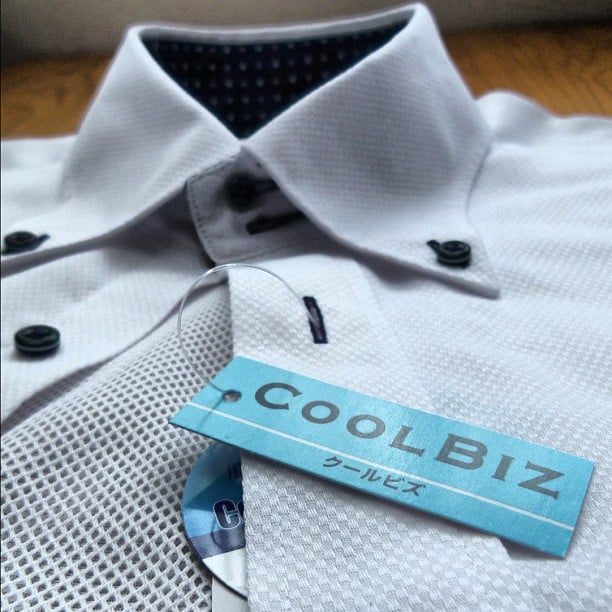
Breaking away from the traditional suit however can be difficult in the highly regimented society of Japan. To alleviate this, the “Cool Biz” initiative aims to allow for a more forgiving dress code during the summer months. “Cool Biz” generally allows short sleeve shirts and sometimes to forgo a tie. The level of adaptation, if at all, is entirely up to your company or school however, so best check with your boss before buying a “Cool Biz” outfit.
Having said all that, you will still sweat during the Japanese summer. Therefore one of the best things to do is reduce how much your sweat offends! Make sure to thoroughly soap and lather in your daily bath or shower.
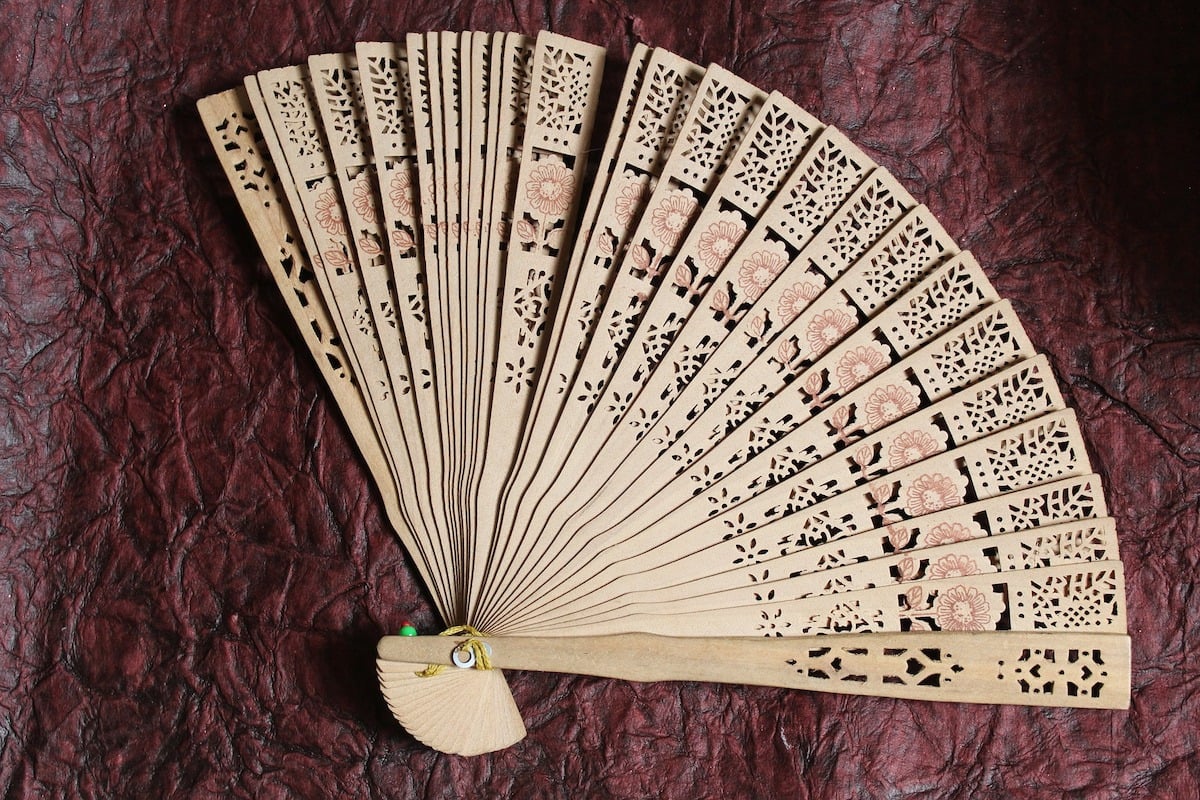
Besides appropriate clothing, there are a few small and cheap items that go a long way to surviving the Japanese summer in relative comfort. Since antiquity the Japanese have favored the small hand fan, the sensu, or alternatively an uchiwa. This little wonder will keep you cool, and believe me you will learn to appreciate it. Get in the habit of always carrying one around. Another useful little invention is a chemical ice pack. Similar to the popular in winter kairo, the ice pack (保冷剤) provides an icy cold surface you can put in your clothes for around 6 hours.
Another wonderful little trinket which can be found at any dollar store is a battery powered fan. This device achieve the same result as the uchiwa, but without the man power. Pretty neat. In the same vain, a hot office or teachers lounge can be made bearable by a small USB powered desk fan, also found at any dollar store such as The Diaso.
Bugs, bugs, bugs!
With the summer comes not only heat but also lots and lots of little critters just to add that final touch. Fortunately there are a few things we can do to avoid them.
For picnics, hikes, BBQ’s and all other outdoor fun in the summer, a mosquito coil will keep you bite free. Called a “kotorisenko” in Japanese, they can be found at home centers and drug stores. Unfortunately a kotorisenko cannot be used indoors. If you are living in an old house, or the mosquitos just keep getting in from god knows where, then a mosquito net will serve you just as well as it has served humanity for generations. These can be found at home centers, and will last you many years. Alternatively a wonderful newer product also exists which is like a kotorisenko, but can be used inside. The “Earth Nomat” (アースノーマット) vaporizes a chemical which deters mosquitos, and is indoor safe. It works out rather cheap in the long run. Its area of effectiveness is somewhat limited, so in my opinion you want to use the traditional smoke coil outdoors, and “Earth Nomat” inside.
Things to be careful about
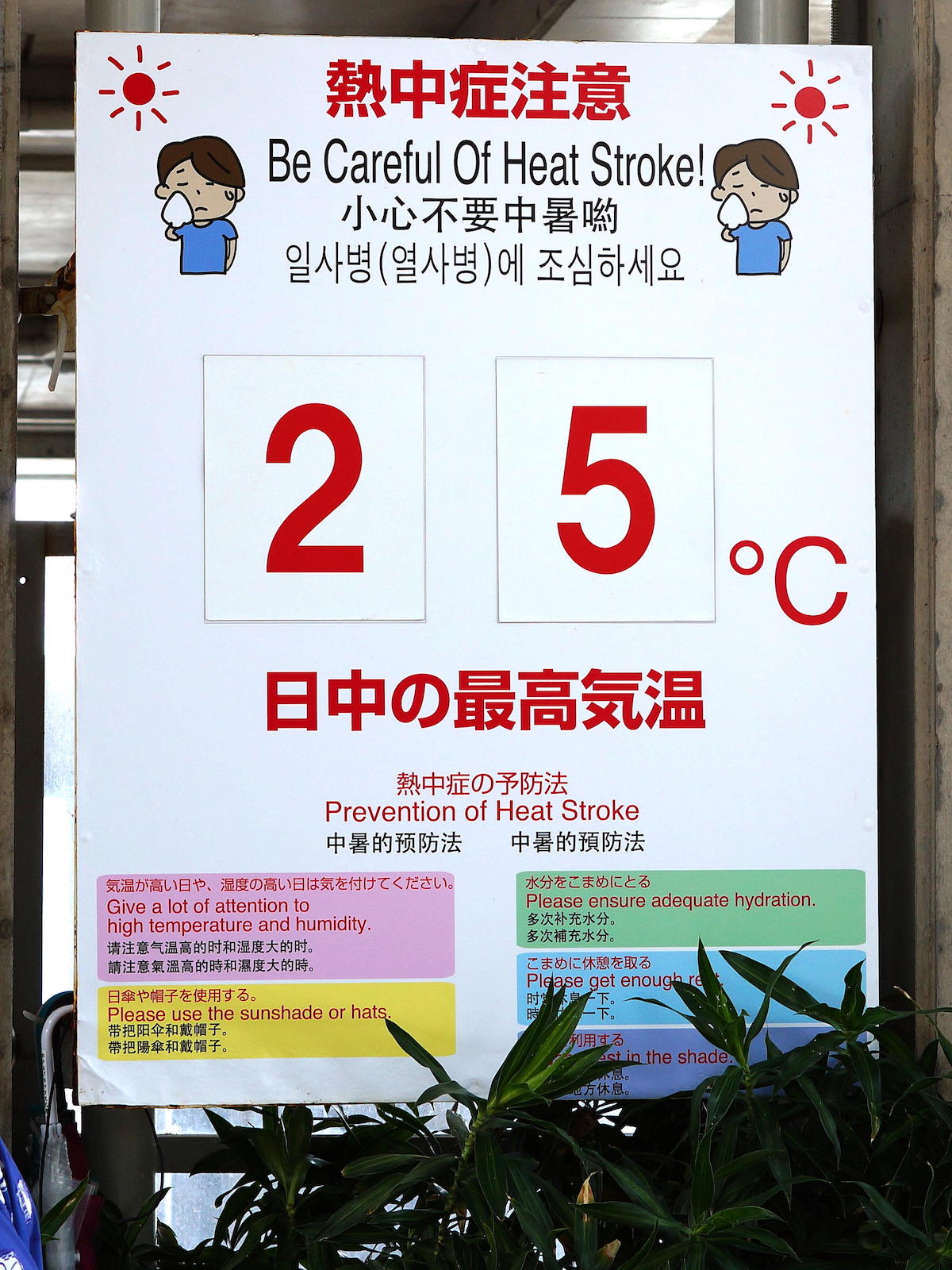
Heat stroke is a real danger, claiming lives every summer in Japan. With the high humidity, it is easy to overheat and sweat to much body fluid. The concrete of Tokyo makes the city act as a huge heat sink, and remove the city’s ability to cool down during the night. This causes a long streak of hot days to build up a heat which can become unbearable. However if you remember to not push it, drink lots of water and carry your trusty uchiwa, you will be fine.
All that said, don’t be afraid of the brutal Japanese summer. Summer in Japan is a wonderful time, with many fantastic festivals, fireworks and a long holiday to boot. Make sure to follows these tips, and I am sure you can enjoy the Japanese summer in a little more comfort.







